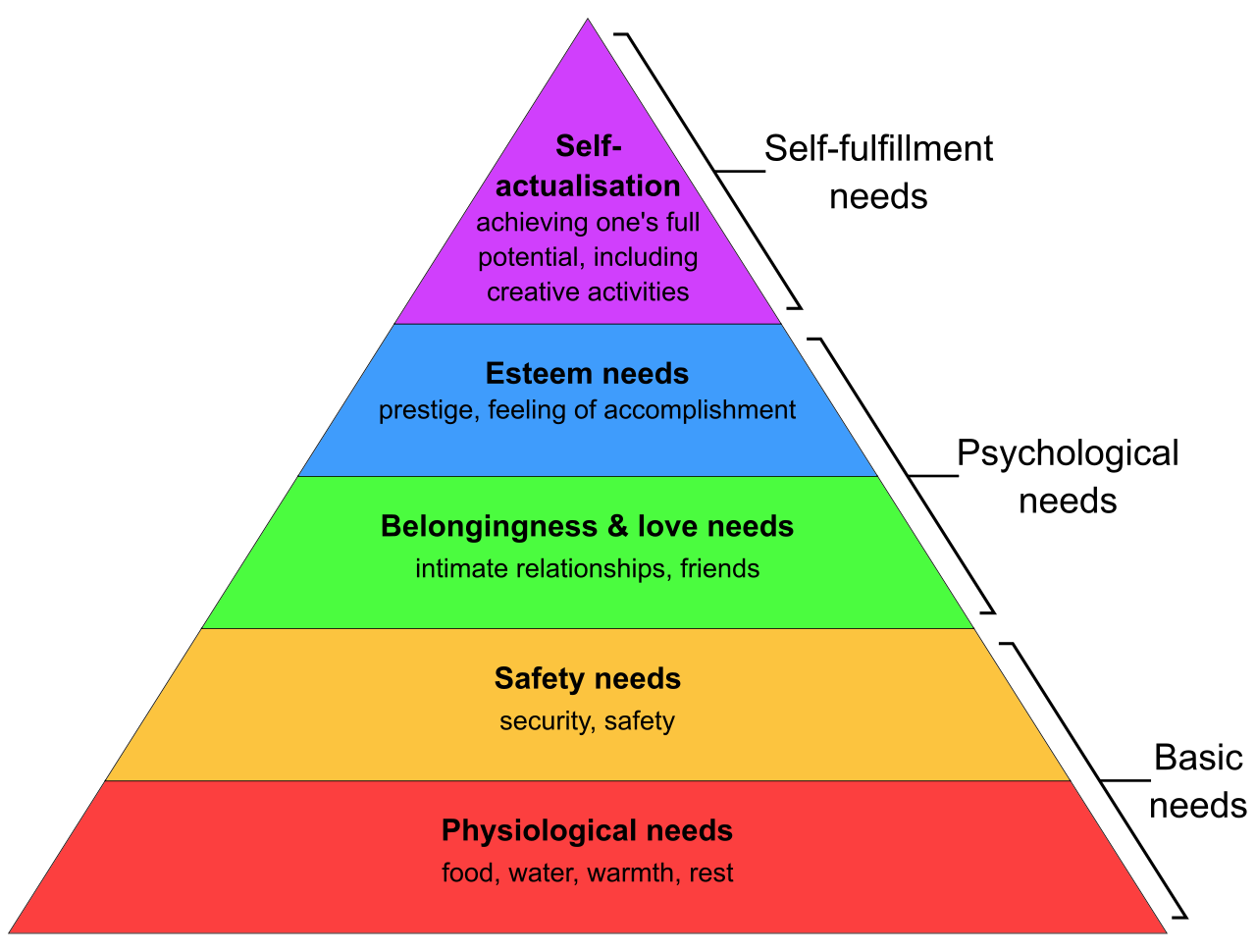It is often stated by religious people that objective morality comes from God (Biblical), but is it really possible for him to be moral under his own rules?
Simply using the Bible as example, but as far as I know it is the same for Islam in this case.
Im going to use this text as basis for this (If they are wrong, let me know and explain why they are):
The Ten Commandments
Moses received the Ten Commandments directly from God on Mount Sinai, written on two stone tablets. They assert the uniqueness of God, and forbid such things as theft, adultery, murder and lying. The Ten Commandments are equally important in Jewish and Christian traditions and appear in the Old Testament in Exodus and Deuteronomy.
Various Christian and Jewish traditions have different wordings for the Ten Commandments. They can be numbered differently. They appear in various forms in the Bible. This is a Christian version:
- I am the Lord thy God: thou shalt not have strange Gods before me
- Thou shall not take the name of the Lord thy God in vain
- Remember to keep holy the Lord's Day
- Honour thy father and thy mother
- Thou shalt not kill
- Thou shalt not commit adultery
- Thou shalt not steal
- Thou shalt not bear false witness against thy neighbour
- Thou shalt not covet thy neighbour's wife
- Thou shalt not covet thy neighbour's goods
The Qur'an does not list the Ten Commandments explicitly, but their substance appears in various places.
God is often referred to as being all good, all knowing etc. and obviously also the author of morality, more specifically objective morality.
Often there is some misunderstandings regarding what is meant by objective morality, so to quickly explain it, it simply means that morality apply regardless of humans being here or not. So when God say that killing is morally wrong, it is wrong regardless of whether not we we were here. Said in another way, in this context it means that God decides what is right and wrong.
My question or issue is whether a person or God in this case can be said to be moral consistent, unless they themself can uphold their own moral rules.
If I tell you that it is morally wrong to steal and I punish you for doing so, but then decide to steal something myself, would you consider me to be morally justified since I made the rule?
Same can be asked about God, "Thou shalt not kill" yet we know that God kills and orders the killing of many people in favour of the Jews. So does God's objective moralities applies to him as well, as they do to me in the above example or not?
Despite him being the creator of everything, objective morality is rules decided by God to be true and therefore arguably part of his nature. But is it possible for someone, God or human to be moral, if they can't uphold their own moral standards?
I want you to take into consideration that, simply because you create or is seen as the caretaker of something, does that mean that you are not morally responsible for said creation? By caretaker I mean, let's imagine you own a dog and it have puppies, and you are morally against killing puppies, are you then not morally obligated to treat all puppies according to your own moral rules, if you want to stay morally coherent, under the concept of objective morality?
If not, God must obviously follow subjective moral ideas and therefore objective morality is likely to be an illusion applied to us by God as if they were, and therefore seen more as divine laws, which God himself apparently doesn't seem a need to uphold himself. Wouldn't that make God immoral, under the general human understanding of morality?
Because I would argue, that a person can't be morally consistent, if they can't uphold their own moral standards. For instant most people will agree that under most circumstances stealing is wrong, yet most people have probably stolen something at some point that they weren't legally entitled to. (Doesn't have to be anything major) But still this would be considered morally inconsistent in my opinion, if we claim that stealing is objectively wrong.
So can God be moral? And if so why?


